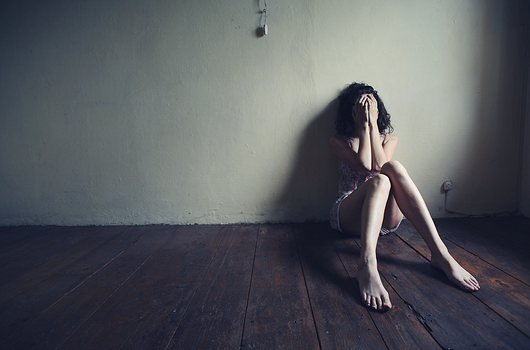- Persistent Depressive Disorder, or PDD
Formerly known as dysthymic disorder, Persistent Depressive Disorder is characterized by chronic, low-level depression or irritability. Symptoms vary in intensity, and they may even disappear entirely for brief periods of time. PDD is a form of depression that usually continues for at least two years, and although it is less severe than major depression, it involves the same symptoms as major depression – mainly low energy, poor appetite or overeating, and insomnia or oversleeping. According to the U.S. National Library of Medicine, people with PDD are frequently pessimists and “often take a negative or discouraging view of themselves, their future, other people, and life events.”













